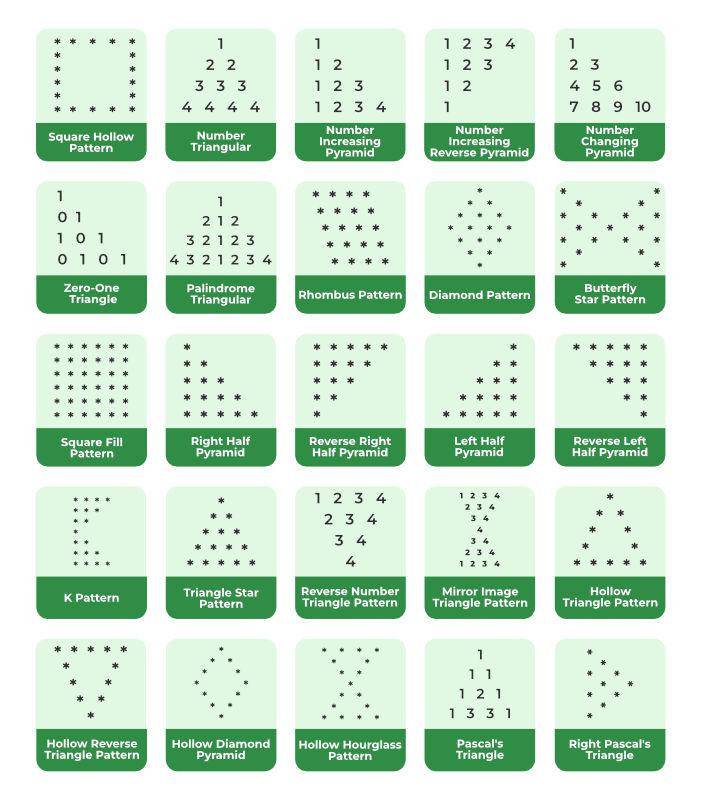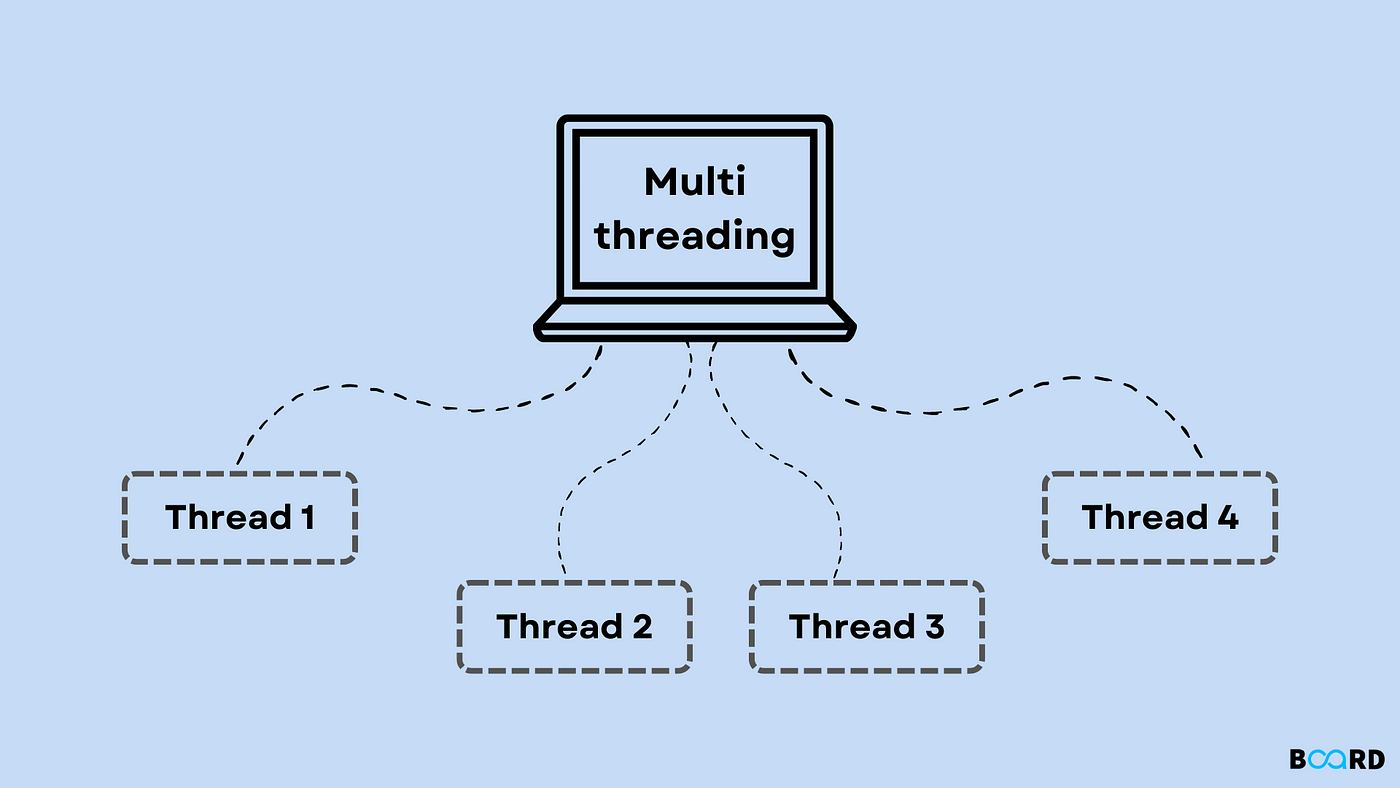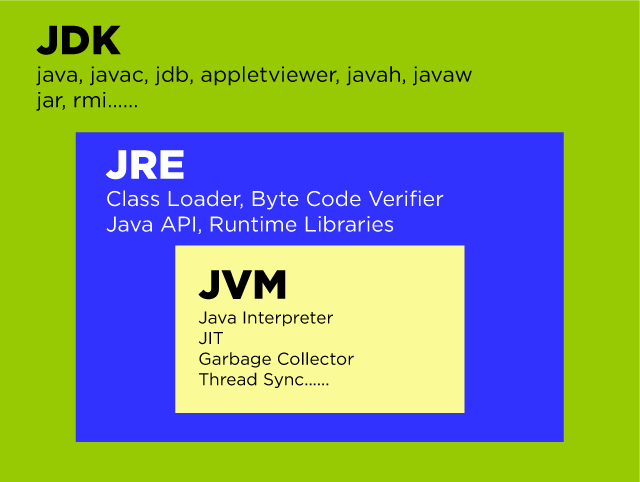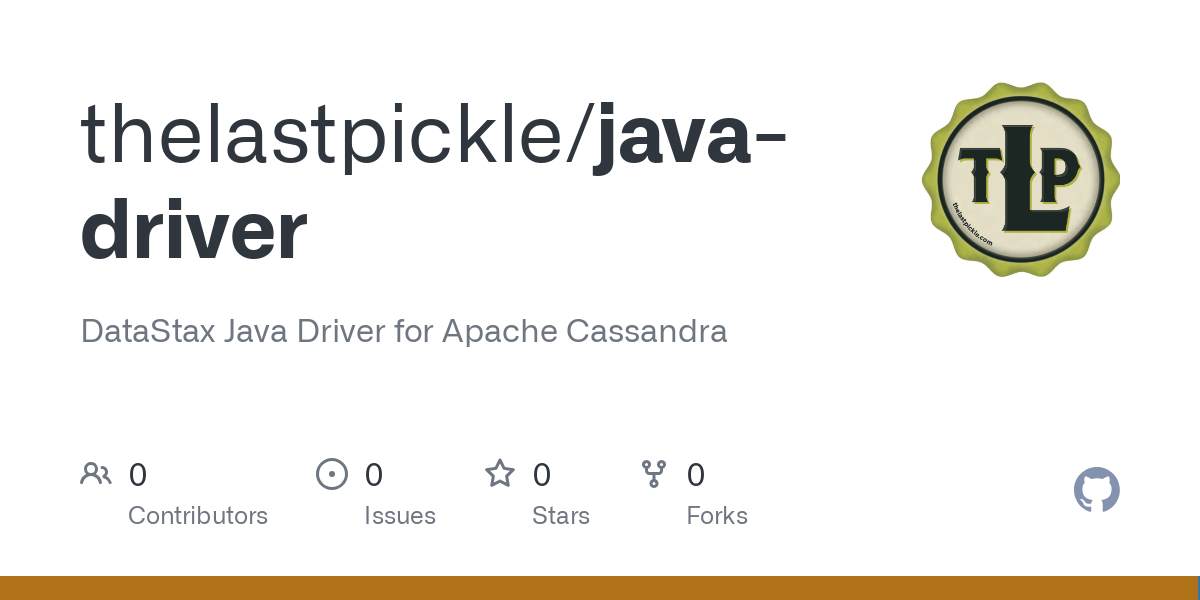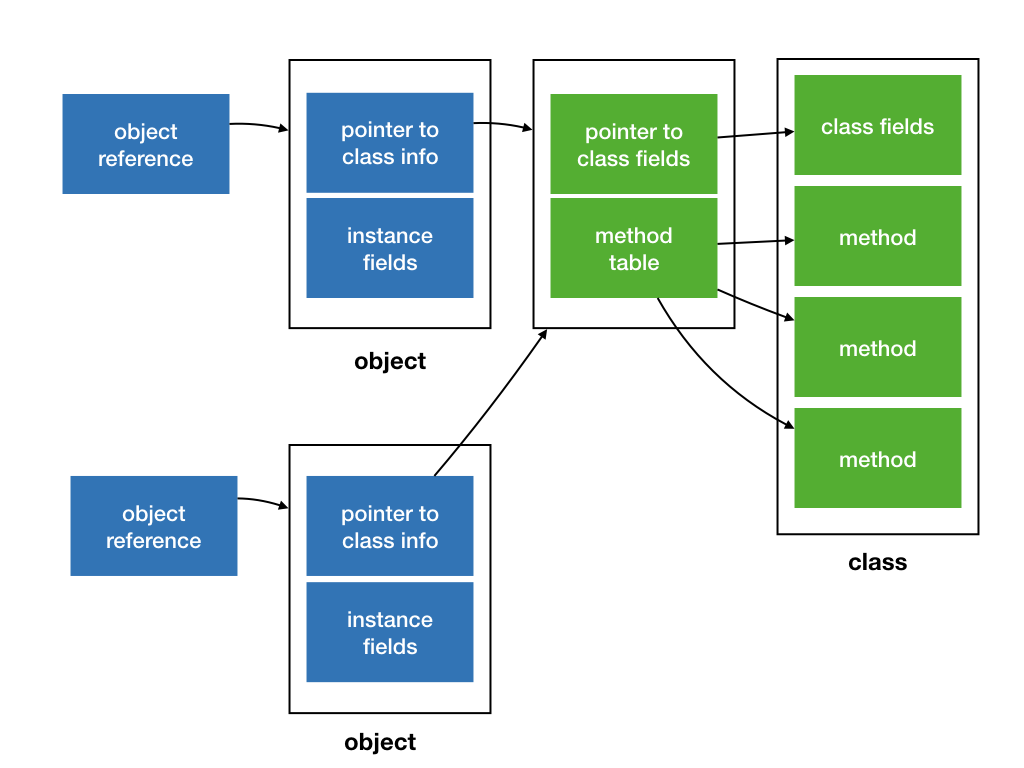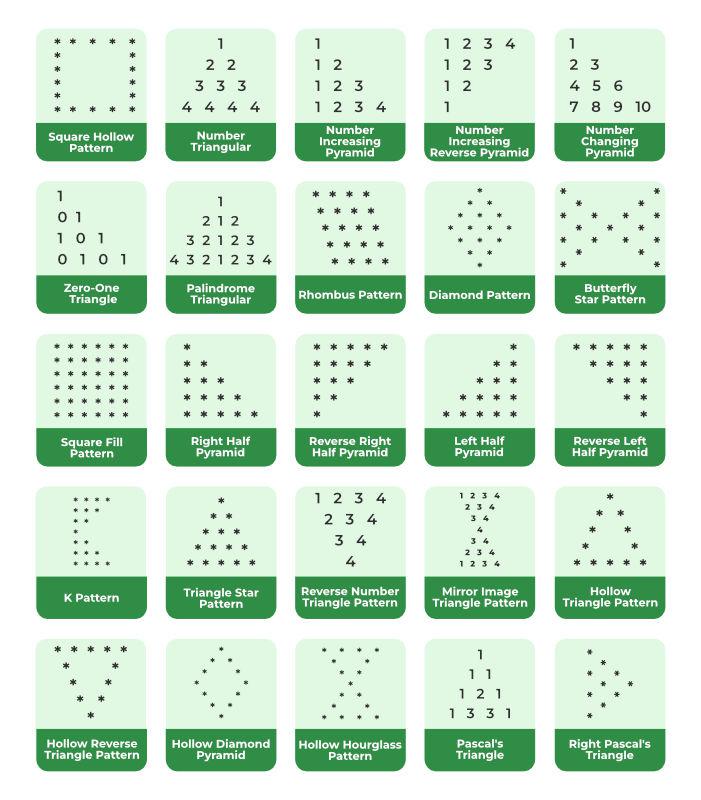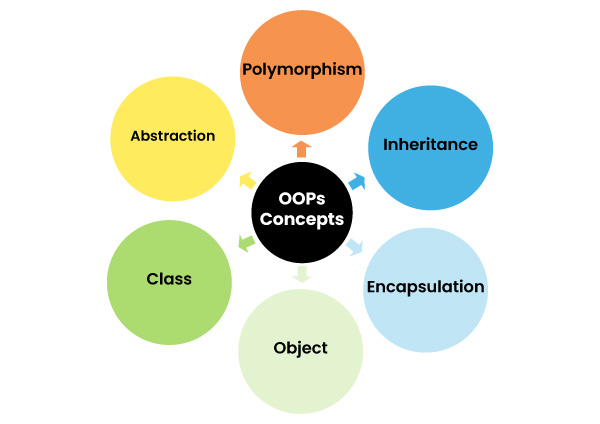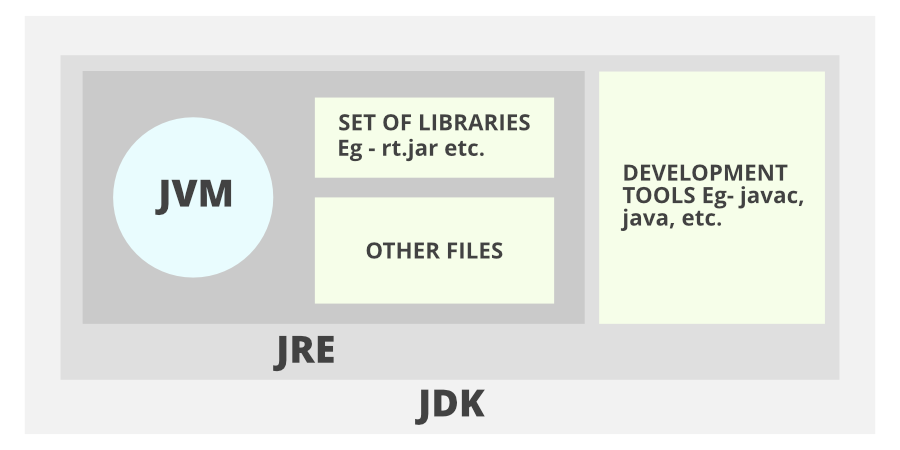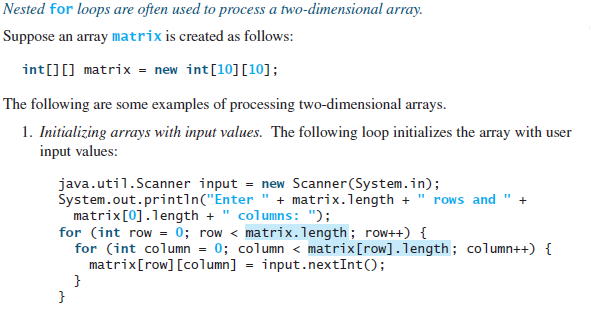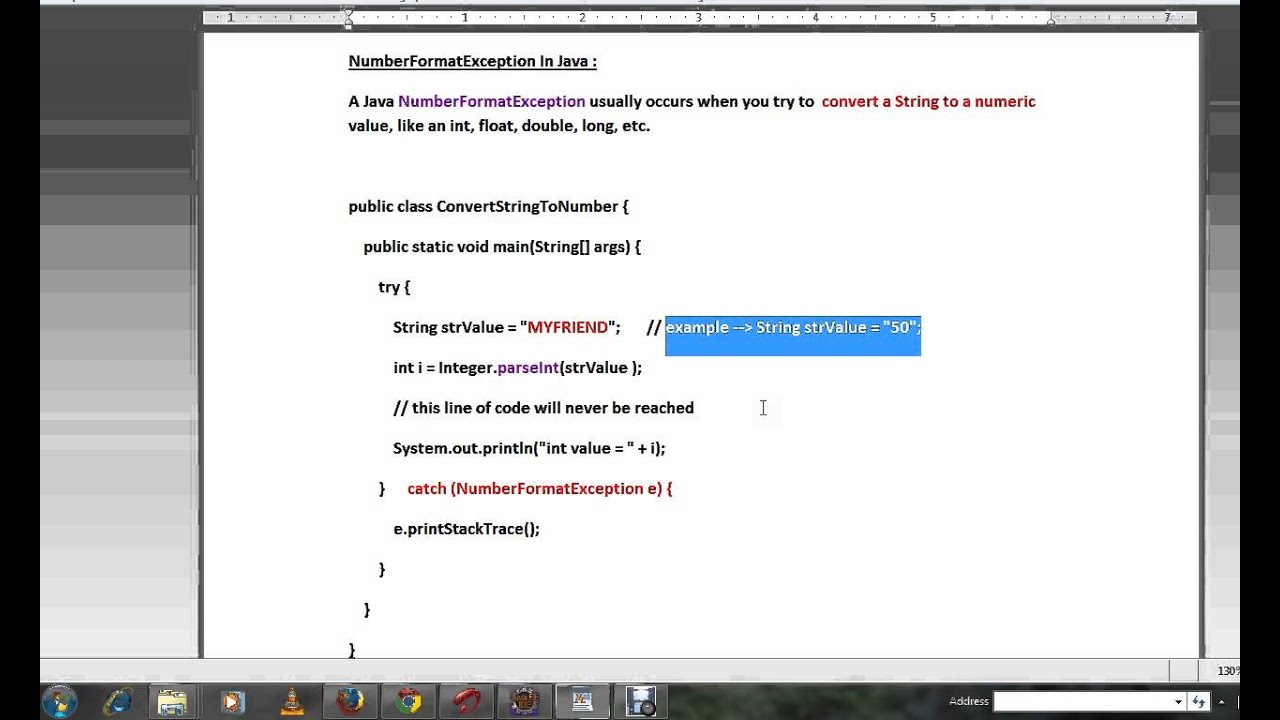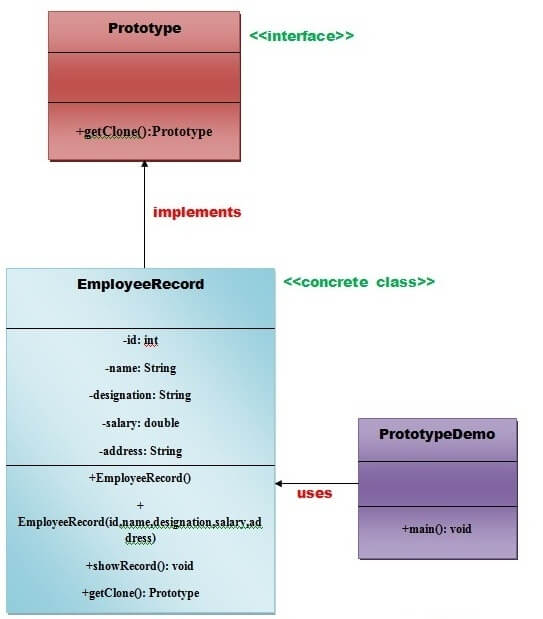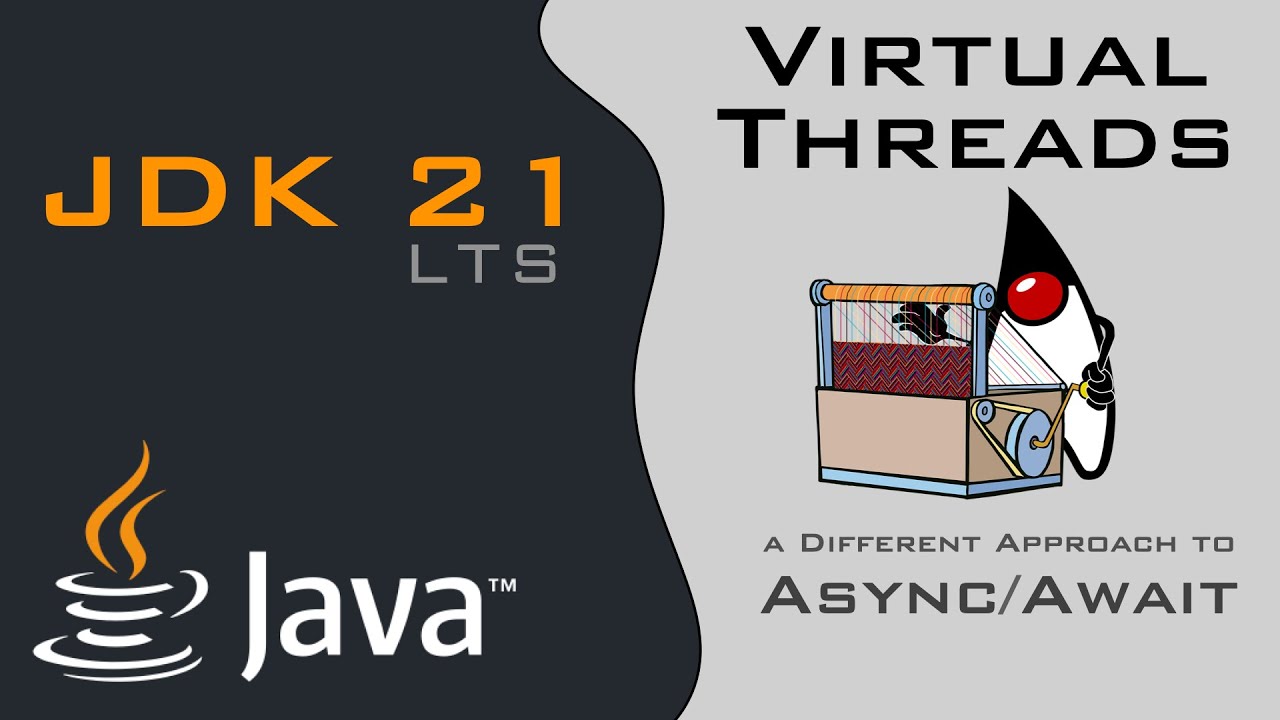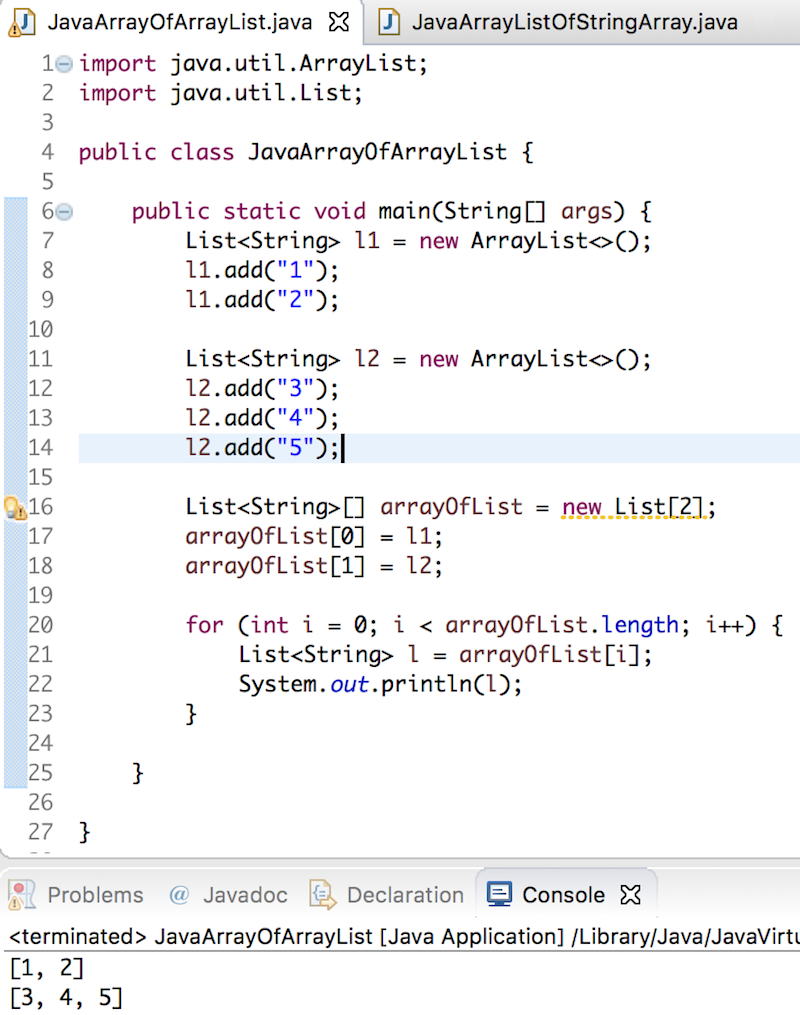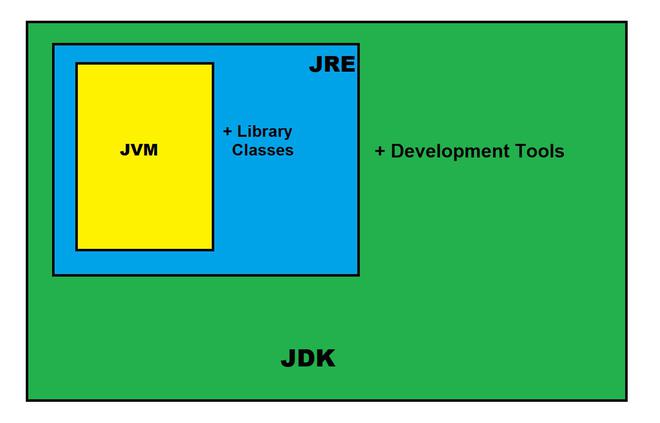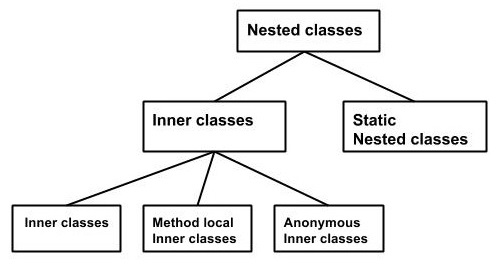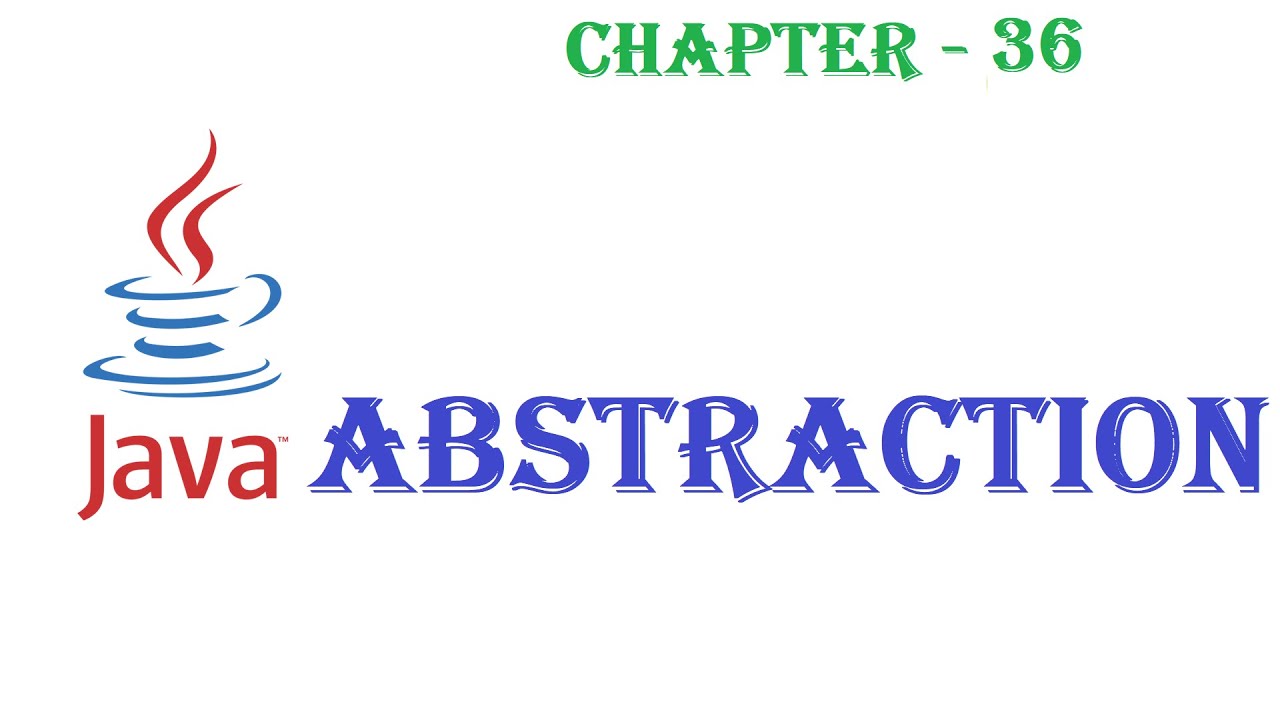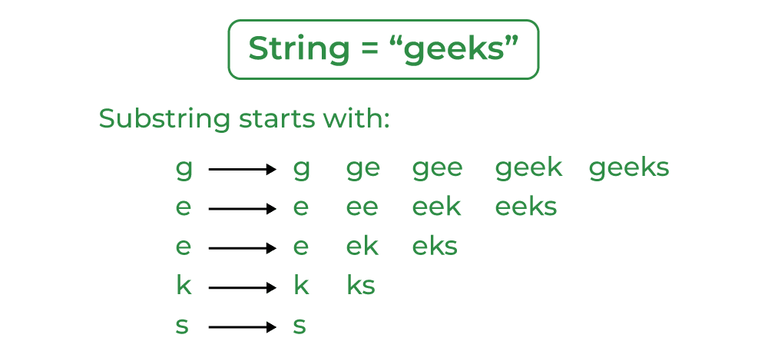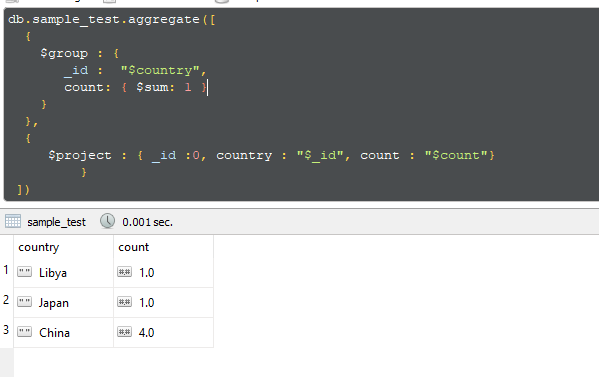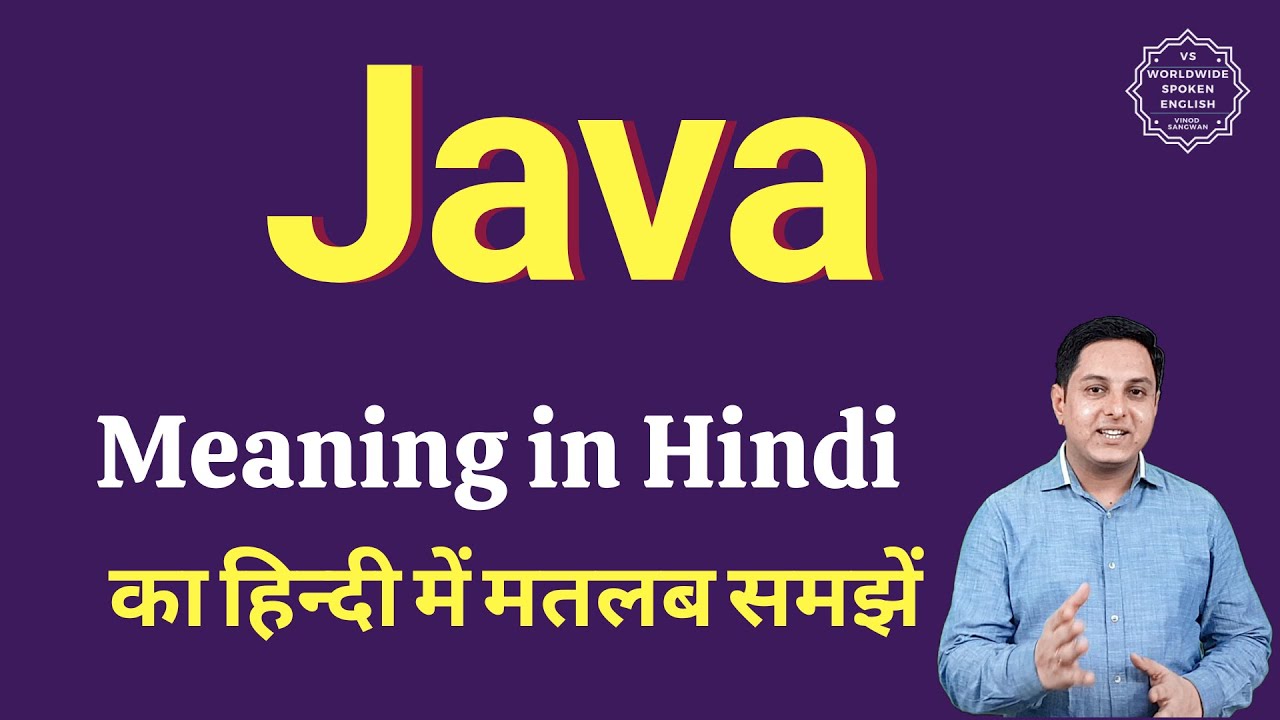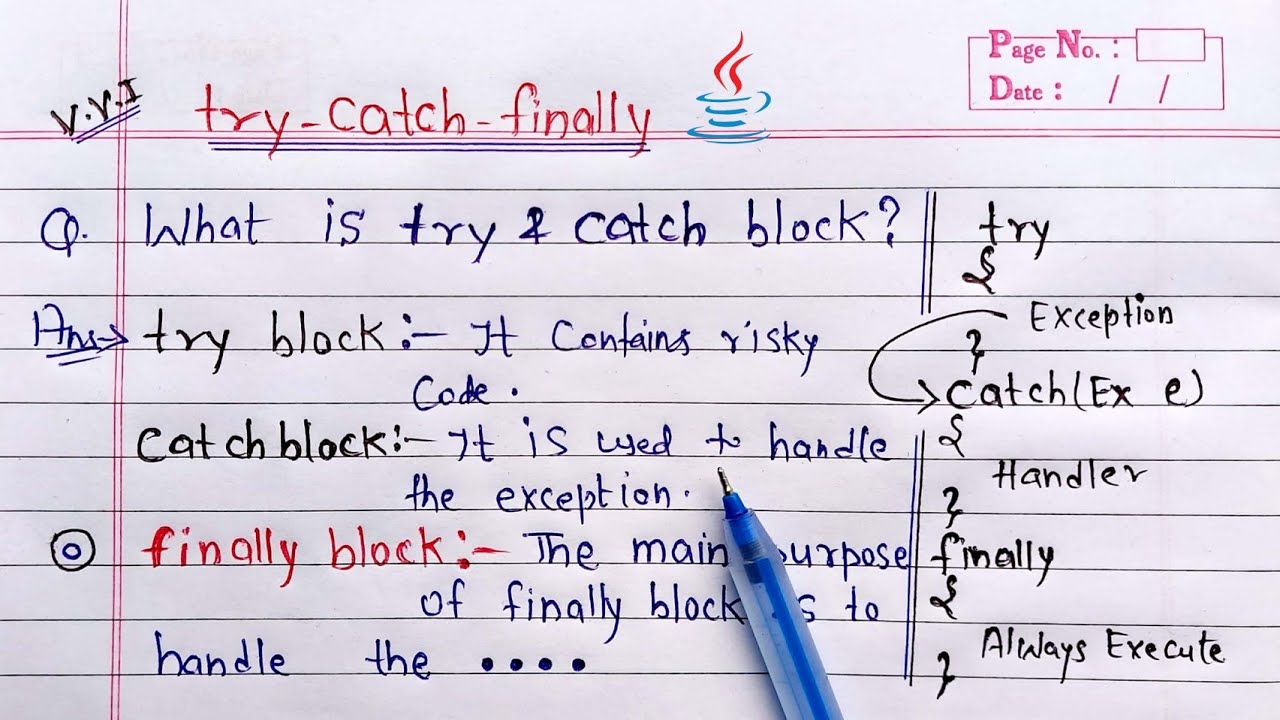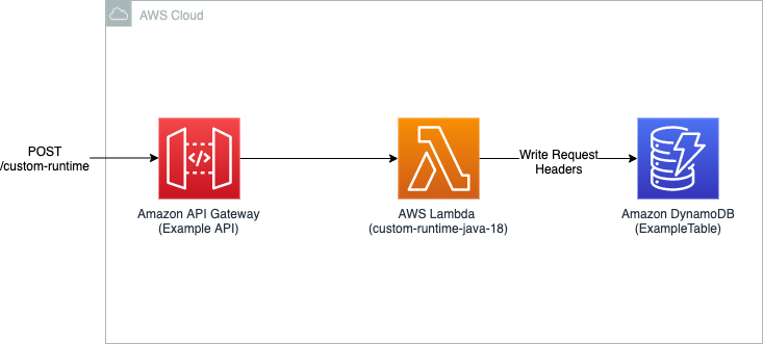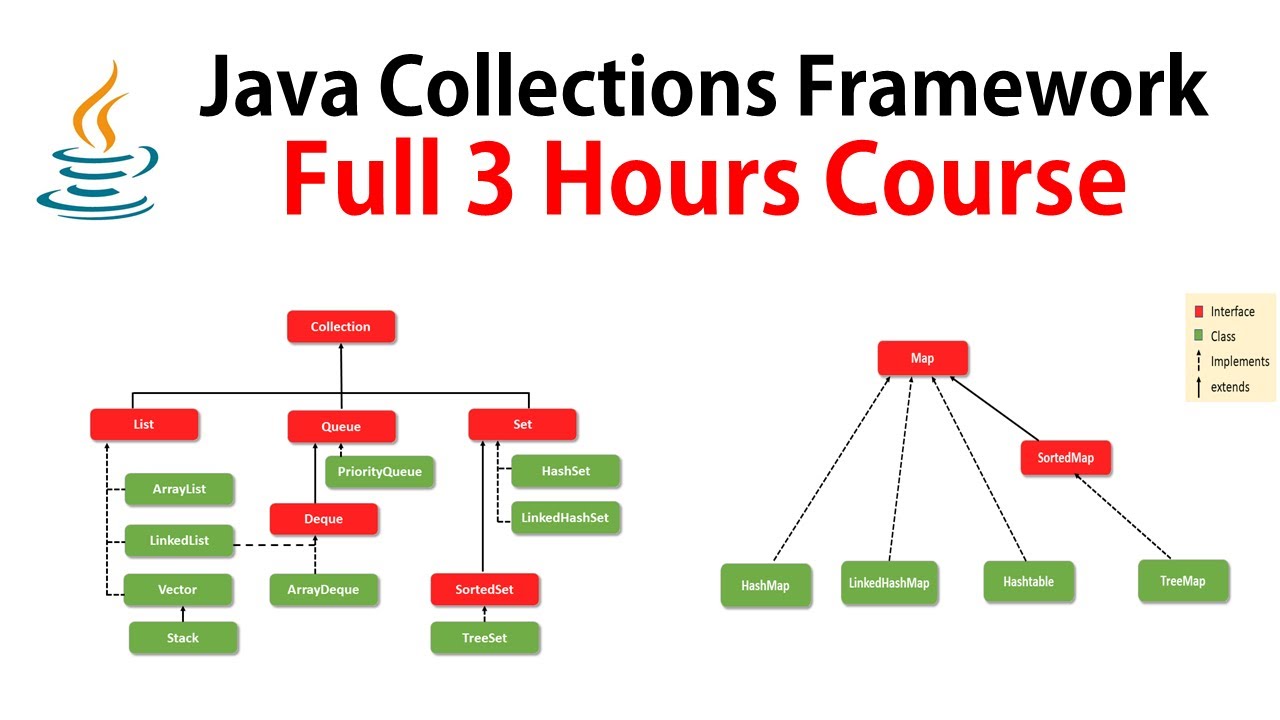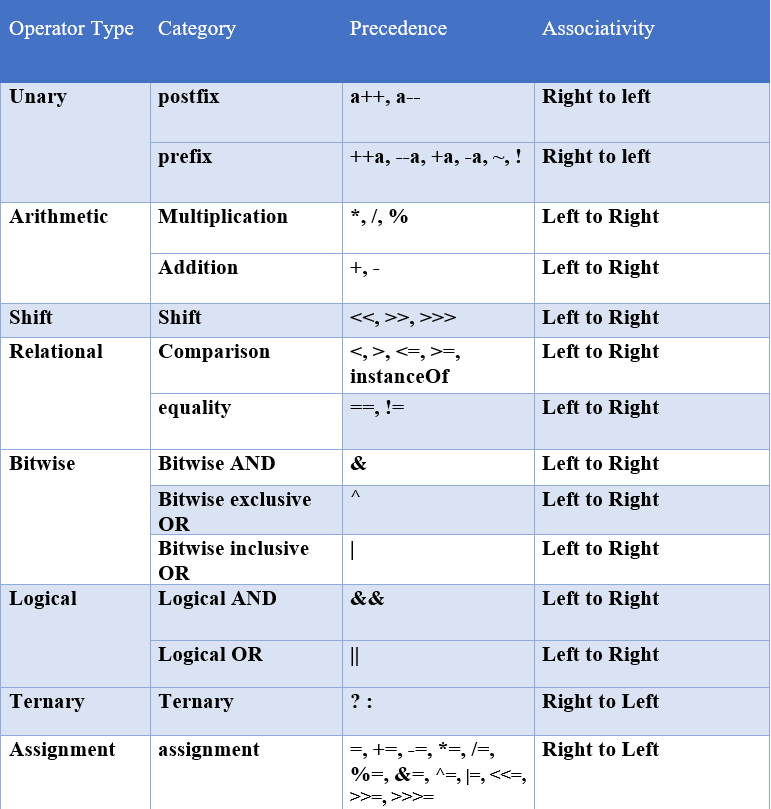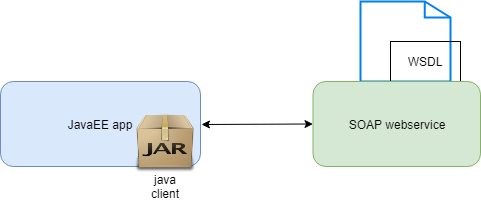What is PowerMock in Java?
What is PowerMock in Java?
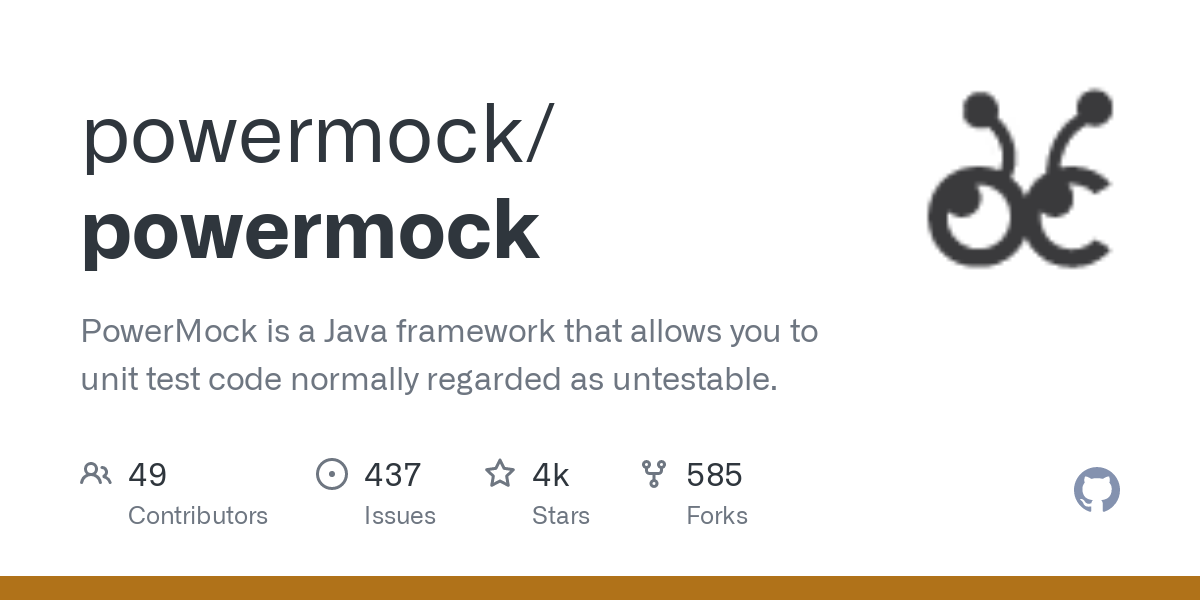
PowerMock is an open-source library for testing Java code that uses internal implementation details, such as private methods, final classes, and mock static methods. It allows developers to write more effective unit tests and integration tests by providing a set of utilities and APIs to handle the complexities of testing Java code.
One of the primary goals of PowerMock is to make it possible to test private methods, which are not accessible from outside their declaring class. This can be particularly useful when you need to verify that certain private methods are being called correctly in your tested code. PowerMock achieves this by using bytecode manipulation to inject a proxy object around the targeted method, allowing tests to interact with the method as if it were public.
PowerMock also provides support for testing final classes and interfaces, which are not typically testable due to their immutable nature. By using PowerMock's @PrepareForTest annotation on your test class, you can inject a proxy object around the targeted final class or interface, enabling tests to interact with its internal implementation details.
Another key feature of PowerMock is its ability to mock static methods. In Java, static methods are not part of any instance and are therefore not easily testable using traditional mocking libraries. PowerMock addresses this limitation by providing a set of APIs that allow you to inject mock implementations for static methods, giving you greater control over the behavior of your tested code.
PowerMock has several benefits for developers writing tests in Java. By allowing them to test private methods, final classes, and static methods, it helps to ensure that their code is thoroughly tested and reliable. Additionally, PowerMock's APIs are designed to be easy to use and integrate seamlessly with existing testing frameworks such as JUnit or TestNG.
Some of the key features of PowerMock include:
Private method testing: allows tests to interact with private methods as if they were public Final class testing: enables tests to interact with internal implementation details of final classes and interfaces Static method mocking: provides APIs for injecting mock implementations for static methods Easy integration with popular testing frameworksIn summary, PowerMock is a powerful library that helps developers write more effective unit tests and integration tests by providing a set of utilities and APIs to handle the complexities of testing Java code. Its ability to test private methods, final classes, and static methods makes it an essential tool for any Java developer who wants to ensure their code is thoroughly tested and reliable.
Does Java 11 support PowerMockito?

Java 11 is a significant milestone in the evolution of the Java programming language, and with it comes various improvements and enhancements to the language itself as well as its tools and frameworks. However, when it comes to supporting PowerMockito, the answer is somewhat nuanced.
PowerMockito is a popular Mockito-based mocking framework that enables you to write more effective tests by allowing you to mock private methods, static methods, and other types of methods that would be difficult or impossible to test using plain Mockito.
Java 11 itself does not support PowerMockito out of the box, nor do any official Java releases prior to Java 17. The reason is quite simple: PowerMockito is a third-party library that requires explicit configuration and setup within your test suite, whereas Java itself provides no direct support for this type of mocking.

Now, you might be wondering how we can use PowerMockito with Java 11. Well, the short answer is that we can! Because PowerMockito does not depend on any specific Java version or feature set, it remains compatible with Java 11 and previous versions.

However, if you want to take full advantage of the latest features in Java 11 while still using PowerMockito, you might need to configure your test suite accordingly. For instance, if you're using PowerMockito's annotations, such as @Prepare or @SuppressUnwantedImports, make sure that these annotations are correctly configured and that any necessary configuration files are set up.

In summary, while Java 11 itself does not support PowerMockito out of the box, it remains compatible with this popular mocking framework. With proper configuration and setup, you can continue using PowerMockito in your test suite even when running under Java 11 or earlier versions of the language.
